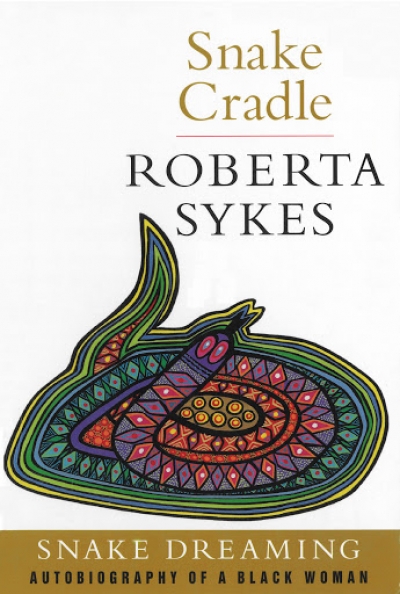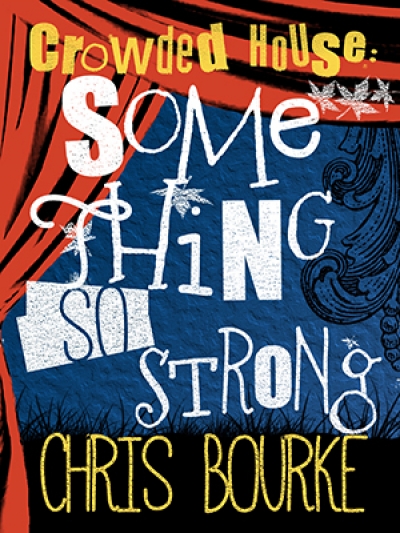Archive
Metre: A magazine of international poetry edited by Simon Caterson
by Ann Vickery •
The Virtual Republic: Australia’s culture wars of the 1990s by McKenzie Wark
by Gerard Windsor •
The La Mama Collection: Six plays for the 1990s edited by Liz Jones
by Jack Hibberd •
Snake Cradle: Autobiography of a black woman by Roberta Sykes
by Alexis Wright •
Black Ice: A story of modern China by Trevor Hay and Fang Xiangshu
by Margaret Jones •
Here’s the first in a new series from the indefatigable pen of Jennifer Rowe. Verity Birdwood is still going strong, at last check: it wasn’t so long ago that I reviewed Lamb to the Slaughter in these pages. And, of course, as Emily Rodda, Rowe has turned out a couple of dozen Teen Power books, attracting several Children’s Book Awards. She is every inch a professional writer.
... (read more)Emerarra: A Man of Merarra by Morndi Munro/Mary Anne Jebb
by Rosemary O’Grady •










